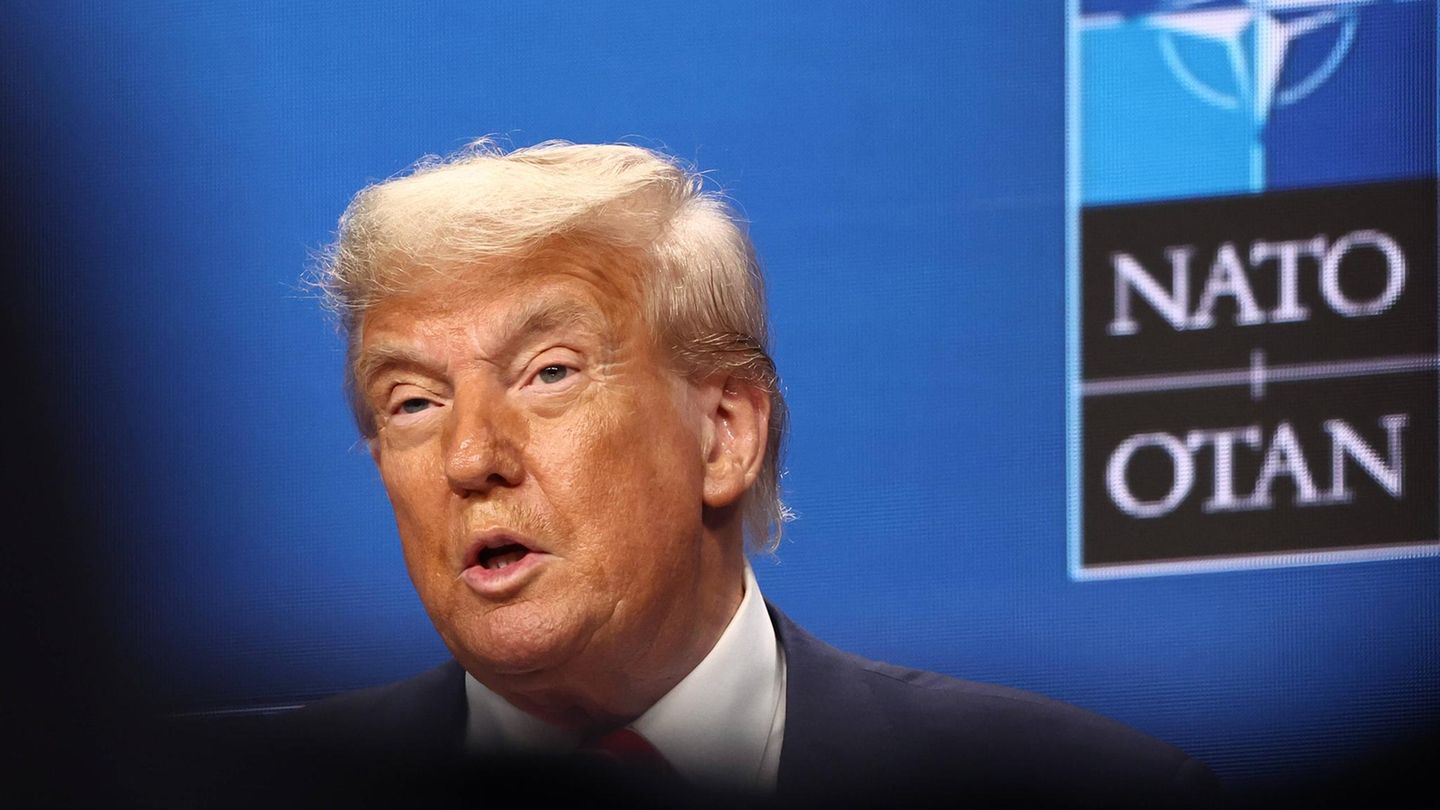4×3 plan
The urgency of the Ministry of Domestic Trade, which heads Matias Tombolini, is to have Fair Prices closed in the mass consumption sector in supermarkets and wholesalers. Although the program began in November and was scheduled to end on February 28, it will be extended before it ends. The “4×4” plan (4 months for 4% monthly increase) comes to an end. Fair Food Prices will not end in February, but rather will run until June, according to what they told the companies, but the private sector believes that it will surely last all year, especially in an electoral context. Regarding the monthly increase guideline, it will go to a “path of 3.2% monthly average”reported official sources, and clarify that it is an average that will vary according to the “realities of each sector.”
This pattern of increases will be for those over 30 thousand products from the supermarket where companies have limits on monthly increases. In fact, some companies are already sending lists of 3% increases these days. While some companies assure that “the program must be followed”, others emphasize that 3.2% per month is “far” from cost increases, with inflation, devaluation, interest rates and parity rates running above that number. Currently there are 358 companies in the agreement, and they are looking for almost 500 signatures, with more regulated items.
What still remains to be defined is what will happen to the basket of 2,000 supermarket products that have their price frozen since October 2022. What will happen is that many will be rotated, that is, they will leave the list, and the companies will put a different one. The discussion will go through what increase those products that come out of freezing will have after four months.
The reason why Fair Prices is relaunched almost a month before its completion is because the decline in inflation does not continue as planned. Tombolini assured on Radio con Vos that the latest inflation data generated “concern and discontent” doors inside the economic team. Massa’s goal was to lower inflation by 1 point every two months. When he took office in July, he was in 7.4%. For September, in 6.2% For November and December, in 5%. However, January will once again be above the 5%, as projected by the same economic team. And Economy wants to reach April with an inflation that “start with 3”. The economic consultants surveyed by the REM of the Central Bank do not foresee inflation breaking the 5% floor throughout the first semester. In addition, the price of meat, which has been depressed in recent months, will begin to pick up, and this has a high impact on the indicator.
more deals
Economy adds to Fair Prices consumer complaints through the application, million-dollar fines, and will even see a way to include local businesses, such as Chinese supermarkets. However, Massa knows that food alone is not enough. To the macro policies of lowering the fiscal deficit and accumulation of reserves, it will seek to add Fair Prices to more categories. Between February, March and April, another seven agreements signed by Economy expire, which they will seek to extend: fuels, textiles, clothing, footwear, cell phones, widespread supplies and medicines. Also, add new sectors, such as construction materials and a school basket.
However, it will not be easy. They have been negotiating with construction materials since December, and so far there have been no agreements. In fuels, companies also plan to resist. They ensure that gasoline is behind by at least 5%, a percentage that is increasing month after month, since they increase 4%, against more than 5% of crawling peg. “You do not get to catch up, by March you will be behind at least 10%,” said private sector sources.
On the other hand, the Government to “tempt” companies to sign the agreements, expedite imports with the new Sira system. However, the food companies assure that in November they had a “promise” to be able to import inputs for 6 months, which “was not fulfilled”, but they clarify that they are being able to import. Economy puts Fair Prices as a condition of foreign trade: companies said they wanted to access yuan from the swap to trade with Chinese companies, and they were required to enter the agreement. For this reason, several companies wonder if the financing for more than one year that Banco Nación will grant as part of the new agreements with Brazil will be required to be part of Fair Prices.
Source: Ambito




